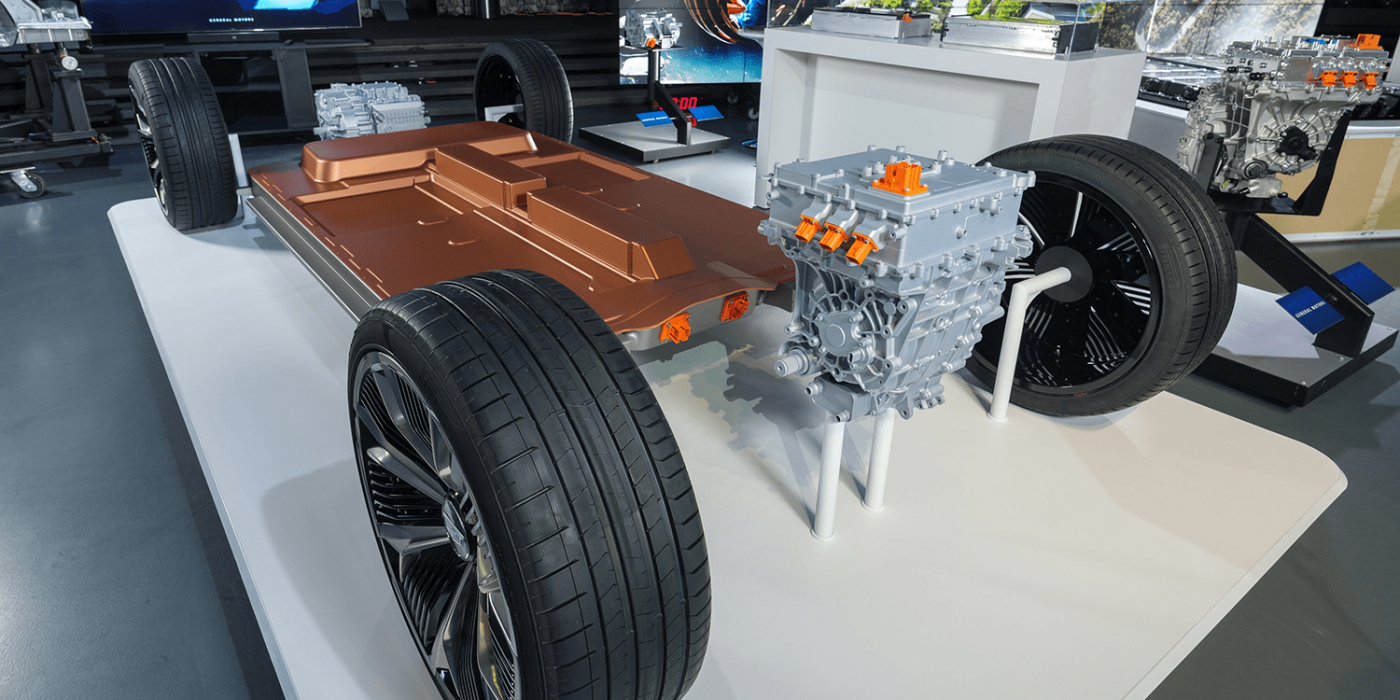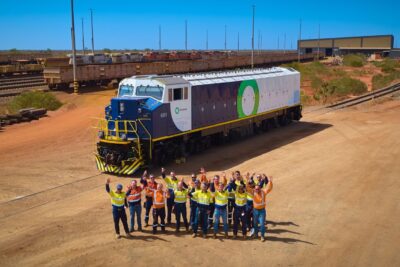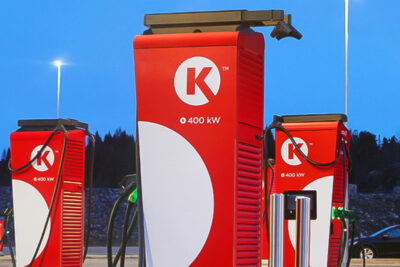Ford & GM show low electric vehicle production targets
Despite commitments to e-mobility by Ford and General Motors, the two largest US American carmakers intend to produce only about 320,000 electric vehicles in North America by 2026, which is only about five per cent of the combined vehicle production of both manufacturers there.
This is according to detailed production plans available to Reuters. For comparison: Tesla alone produced around 367,000 electric cars last year. The news agency writes that GM’s and Ford’s dependence on larger ICEs continues to rise, in an article titled: “Detroit’s near future based on SUVs, not EVs”.
According to the paper, the two manufacturers expect to build more than five million fossil-fuel-powered SUVs and pickups in 2026, but only those 320,000 electric cars mentioned. If Tesla, on the other hand, continues its growth with the Model Y, Cybertruck, Gigafactory Berlin and the planned Cybertruck Gigafactory in the USA, the Californian e-mobility pioneer should have reached seven-digit production figures by then.
According to Reuters, the “Big Two” are betting on selling the large gasoline SUVs, which require little development effort, at a significantly higher profit margin than the more expensive electric vehicles with their high initial investments. This trend is likely to be reinforced by the current crisis caused by the corona virus: oil prices have collapsed, which means lower energy costs for customers – and thus makes a car with a large combustion engine financially more attractive.
If customers really were to make more use of large SUVs and pickups, and even order them with a larger engine due to the low fuel prices, this could, in the main, cancel out the lower fuel consumption actually achieved and thus the overall reduction in emissions from car traffic over the next six years, writes Reuters, citing industry experts.
Representatives of the manufacturers assured Reuters that the announced electrification plans were meant seriously. But they also expressed concern that the plans were too far ahead of mass market demand. “We’re trying to time this with the natural demand of consumers (so) we’re not forced to do artificial things and we don’t violate the laws of economics,” said Hau Thai-Tang, Ford’s chief product development and purchasing officer. Doug Parks, executive vice president of global product development, purchasing and supply chain at GM, said: “We want to meet customer demand with the best possible (carbon) footprint on the planet to help improve the CO2 (carbon dioxide) situation.”
At the end of the year, Ford wants to enter the electrical market with the Mustang Mach-E. The battery-electric car will be built in Mexico, and Ford already announced that more models will also be electrified. According to Ted Cannis, Director Global Electrification at Ford, this model primarily aims at early adopters. To reach the mass market with electric cars, “first and foremost costs must be reduced,” Cannis said in an interview with electrive.net (in German).
Earlier this month, General Motors had presented details of its new electric vehicle platform and the ‘Ultium’ modular battery system to investors. At the same time, the company named concrete plans for the first ten models based on this technology. At the event, GM CEO Mary Barra stated, that “by the middle of the decade” they would sell more than one million battery-electric cars per year. The figures from Reuters speak a different language.
With reporting by Sebastian Schaal, Germany.





2 Comments